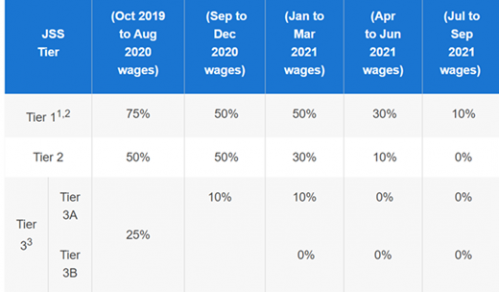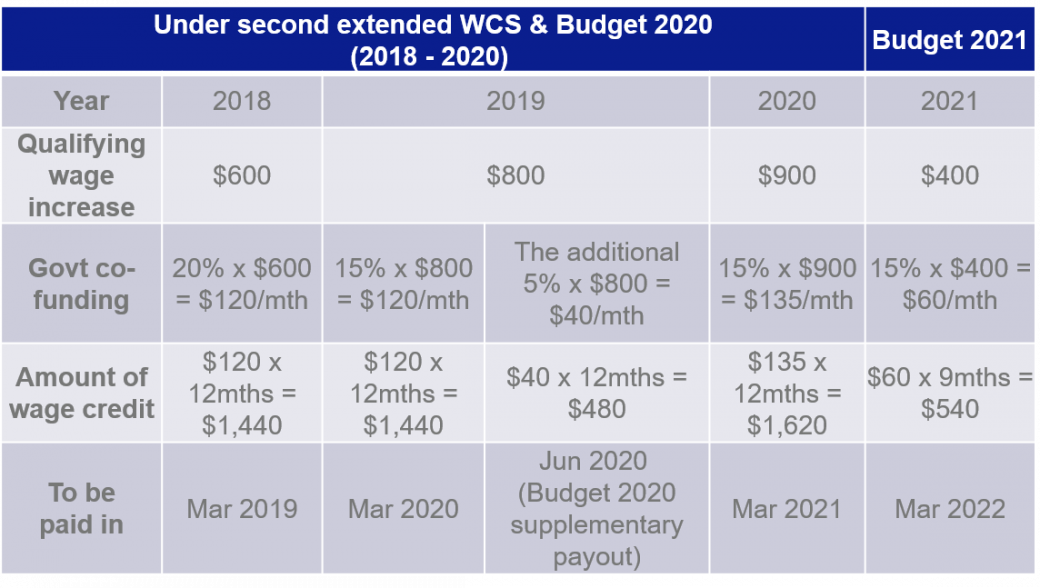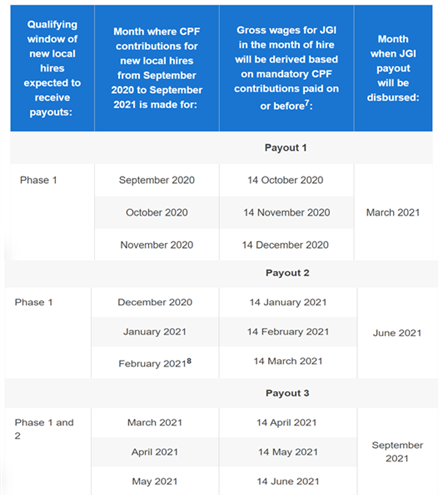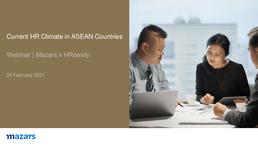
Current HR Climate in ASEAN Countries
Labour market situation
In Singapore, the labour market improved in the 4th quarter of 2020, with the total unemployment rate falling from 3.6% to 3.2%. Overall, there were higher retrenchment rates in the arts, entertainment & recreation, and air transport sectors.
The most affected age group are those in their 40s & 50s and residents with secondary education and lower. As of December, the resident workforce remained at 2.34 million, with an estimated 26,570 retrenched.
PMETs and non-PMETs
The overall retrenchment rate among PMETs (professionals, managers, executives & technicians) is 3.7 per 1000. For non-PMETs, the number stands at 4.3.
There is an increase in PMET vacancies in information & communications, professional services, and health & social services. On the other hand, there are more roles available for non-PMETs in construction, administrative & support services, and manufacturing.
Schemes launched in 2020 to help businesses on manpower issues
JSS
The Jobs Support Scheme (JSS) was introduced to help companies offset local employees’ wages and reduce premature retrenchment. JSS is a COVID-19 government initiative which co-funds 25%-75% of the first S$4,600 of each local employee’s gross monthly salary over a 10-month period.
This scheme is extended to March 2021 but with a 10-50% reduction of gross monthly salary. Based on the latest Budget announced in February 2021, the JSS will be further extended to September 2021 for those in Tier 1 and 2:
Both eligibility and coverage are calculated based on mandatory CPF contributions made for Singapore citizens and permanent residents. This will include shareholders and directors of company if they receive wages that attract mandatory CPF contributions. Wage support for shareholder-directors will only apply to those with overall assessable income less than S$100K for YA 2019, and companies that registered on or before April 2020.
The JSS payout is automatic and no application is needed.
WCS
The Wage Credit Scheme (WCS) provides government co-funding for businesses that give their employees a salary increase. The raise needs to be at least S$50 per month.
For this initiative, there will be:
- A 20% co-funding of the incremental wage for Singapore citizens who earn up to S$5,000 in 2019, and
- A further 15% co-funding of the incremental wage for citizens who earn up to S$5,000 in 2020 and 2021.
Current and new employees who have been given a wage increase are eligible for this scheme. For new staff to qualify, the employer has to pay a gross monthly wage of S$50 higher than their previous employer. In addition, only staff who have been employed for 3 months or longer and have received CPF contributions for 3 calendar months in each qualifying year will be eligible.
Assume a new employee was hired since 2018; and was given gross monthly wage increases of S$600 in 2018, S$200 in 2019, S$100 in 2020 and S$100 in 2021. By the end of March 2022, the employer would have received a total wage credit of S$5,520.
The table below illustrates the computation:
JGI
The Jobs Growth Incentive (JGI) supports employers in expanding their local workforce, and in creating job opportunities for the local workforce.
Phase 2 of the JGI was extended from March 2020 to September 2021. This initiative provides up to:
- 12 months of salary support for each non-mature local hire, and
- 18 months of salary support for mature hires (above 40 years old), permanent workers with disabilities (PWD), and ex-offenders who earn more than or equal to S$1,400
In terms of coverage, Phase 2 of the JGI pays up to:
- 25% of the first $5,000 gross monthly wages for non-mature workers
- 50% of the first $5,000 gross monthly wages for mature workers, PWD and ex-offenders
From March 2021, the salary cap for mature workers, PWD and ex-offenders will be raised to the first $6,000 gross monthly wage.
Other schemes
Foreign workers levy
- Temporary scheme to allow companies to transfer foreign workers across sectors to meet manpower needs (until end Feb 2021)
- Rebate extended until December 2021
- S$90 per S pass or work permit holder in construction, marine shipyard, and process sectors
- 3-month extension granted to levy payment timeline for SMEs
SkillsFuture Enterprise Credit (SFEC)
- Encourages employers to invest in transforming their enterprise and staff capabilities
- One-off S$10,000 credit to cover 90% out-of-pocket expenses on qualifying costs for supportable initiatives
Absenteeism payroll funding
- Helps employers defray manpower costs incurred when they send employees for training on certifiable skills during downtime
Where we are today with COVID and the workplace
There is a nation-wide requirement for safe management measures at the workplace and for an appointment of SM officer(s) to overlook and enforce those measures. In addition, work-from-home remains the default mode, but employees can be asked to return to office for not more than 50% of their time over a 4-week period.
The office headcount should remain <50% at any time. Staggered working hours (e.g. late start after 10am) to avoid peak traffic on public transport are recommended as well. Similarly, workplace events such as meetings, seminars, and trainings are allowed, capped at a maximum of 50 pax. However, to limit the risk of exposure to infection, food and drinks should preferably not be served. All attendees must maintain at least 1 metre safe distancing between themselves. Social gatherings are discouraged.
Singapore is on the path to economic recovery as its vaccination program is underway. The government has also announced that Singapore is in talks with countries interested in mutually recognised vaccine certification, which could resume overseas leisure travel in the future. The discussion includes countries like Malaysia and other neighbours within the region.
Likewise, as an international partnership, Mazars in Singapore has been working closely with other Mazars offices to assist clients of all sizes at every stage in their development. To discover how we can support your HR needs, please send us an enquiry via the button below and download the webinar slide deck:
Do you have any questions for us about HR and Payroll?
Disclaimer: The information provided in this summary is non-exhaustive. For more details about the HR climate in other ASEAN countries, you can catch up on the full webinar recording here:





